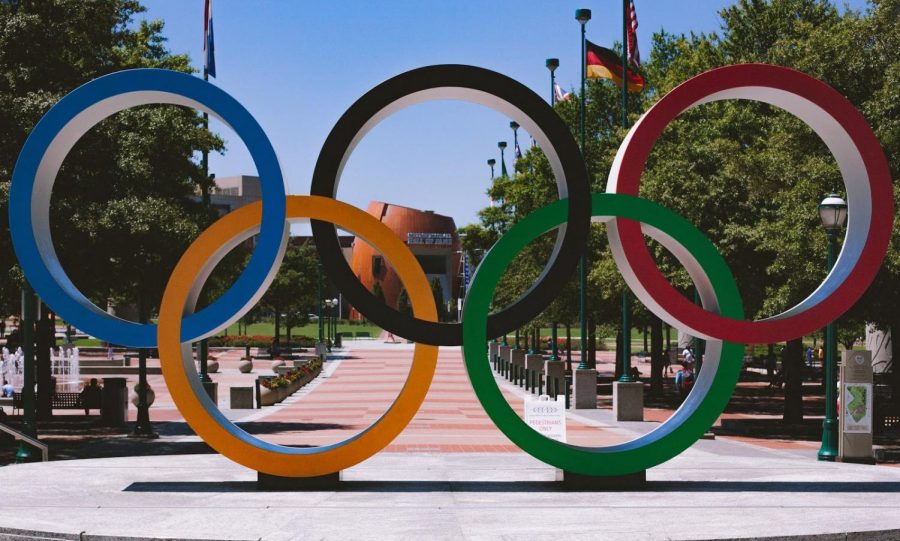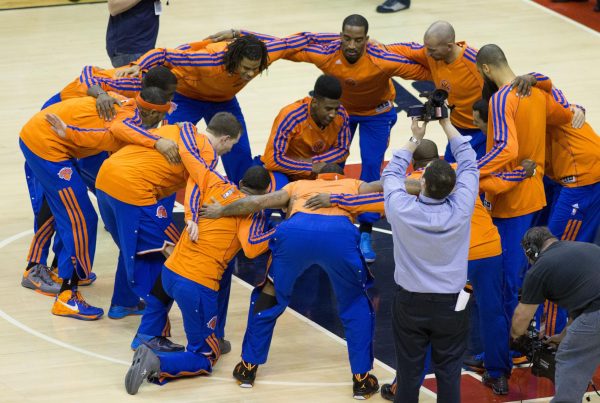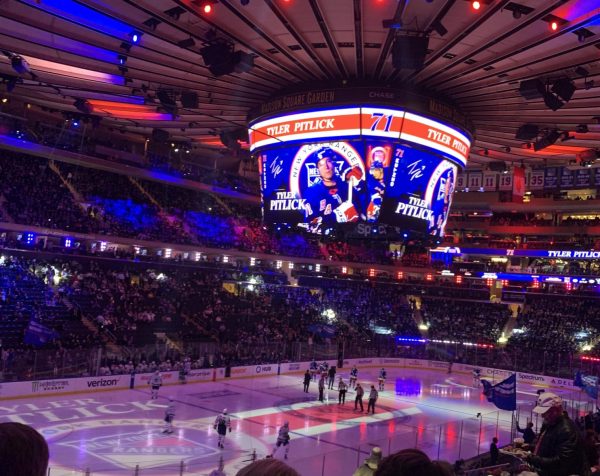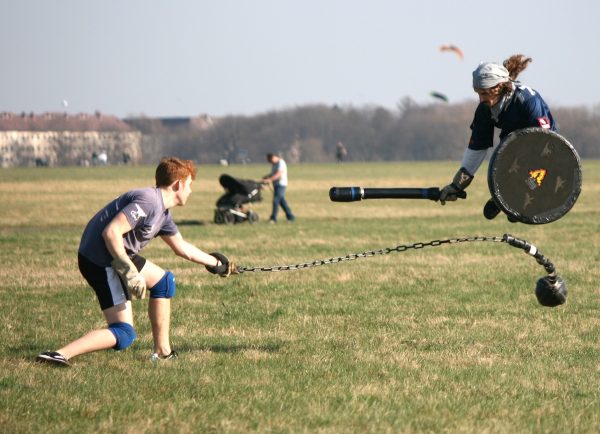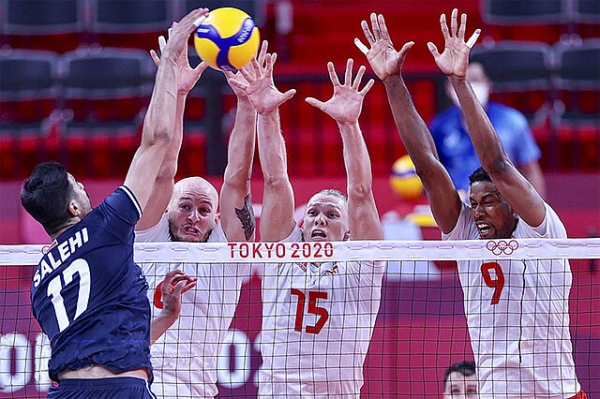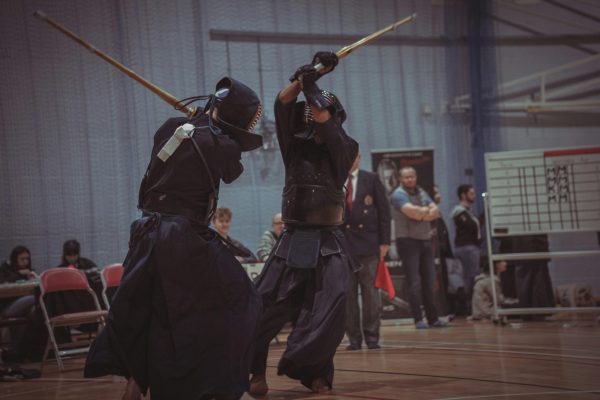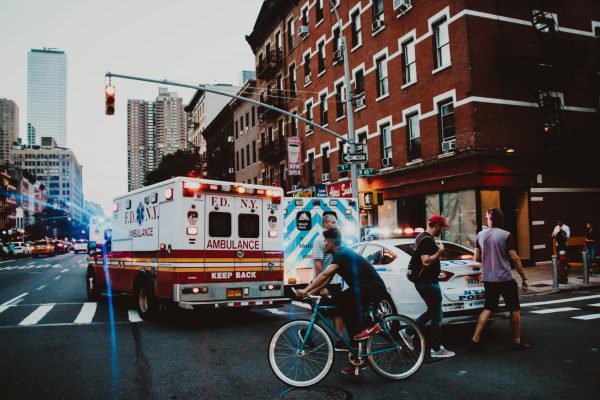Tokyo Olympics 2021 Serves as a Beacon of Hope For the End of the Coronavirus Pandemic
IOC president Thomas Bach and many others hope that the 2021 Tokyo Olympics will be a light at the end of the very long pandemic tunnel.
The International Olympic Committee (IOC) decided nine months ago to postpone the 2020 Summer Olympics until 2021. The Olympic Games Tokyo 2020 are currently planned to be celebrated from July 23 to August 8, 2021, although the trajectory of the Coronavirus pandemic may upend these plans. Although expectations for a great Olympics have never been more substantial, the degree of confusion surrounding the event has barely decreased. IOC president Thomas Bach issued a statement expressing nothing but hope for next year’s Summer Games in Tokyo. He hopes that after the world conquers the Coronavirus pandemic, the Olympics will act as a venue for the world to reunite.
Pharmaceutical companies Pfizer and Moderna confirmed promising trials of their Coronavirus vaccines, both received emergency FDA approval in December 2020 and initial vaccinations across America began on December 14th, 2020. But nobody can tell for sure how many Olympians, fans, or volunteers will have access to the vaccine by next summer. In the United States, the first to have access to the vaccine have been those who are at the most significant risk of infection: nurses, health care staff, essential workers, and the elderly; this, and tentative delivery plans, put healthy young adults last in line for vaccines. “It’s unlikely that Olympians and fans are going to be among the first to get the COVID-19 vaccine. The United States initially agreed to 100 million doses of the Pfizer vaccine. It can buy another 500 million after the initial doses are delivered in March 2020. There are 18 million healthcare workers in the United States, nearly 54 million elderly, and millions of immunocompromised patients in the U.S. By the time of the Summer Olympics, the initial doses will likely be completed, but not everyone who hopes to attend the Summer Games will likely be vaccinated in time,” said Mikaela Huang ’21.
Japan has been one of the most active industrialized nations in battling the Coronavirus, where mask-wearing has long been a common technique used to prevent infection. Japan has reported over 120,000 Coronavirus cases and under 2,000 deaths, with a population of approximately 125 million. “Japan’s culture of concern for others, ability to maintain a distance, refusing handshakes, and good personal hygiene seems to have played a significant, if difficult to quantify, role in the low numbers in general,” said Sadie Sherman ’21. However, concerns are on the rise as a third Coronavirus wave approaches, with infections and deaths slowly growing and the Japanese government considering reintroduction of stricter measures.
Japan has recently hosted several professional sports activities in the era of COVID-19, but not to the maximum capacity of stadiums or arenas. Fans were required to wear masks, refrain from loud cheering, and maintain social distance. The Japanese government and the IOC continue to discuss appropriate measures for allowing spectators into the country, but final decisions will be made in the Spring of 2021. The preventative procedures include asking travelers to take a test before boarding a plane and screening them at Japanese airports, rather than requiring the standard two-week quarantine. “Japan’s entering its third wave of virus, and the United States is in its second wave. Just taking these two countries into account, allowing tourists to cross borders for the Olympics is only going to exacerbate the situation,” said Huang.
Meanwhile, fans wait for the Olympics’ return, counting on the Coronavirus vaccine to help end the pandemic. But in a time where nothing can be foreseen, it can be difficult to remain optimistic, and of course, safety comes first. “I’m hopeful that the pandemic will end next summer, but it is unlikely. The IOC and the Japanese government need to be more diligent in protecting their citizens, spectators, and athletes. They have yet to reveal the full extent of the measures they will be taking, so one can’t discuss whether or not it will be enough to host such a large event during this hazardous time,” said Sherman.
The Olympic Games Tokyo 2020 are currently planned to be celebrated from July 23 to August 8, 2021, although the trajectory of the Coronavirus pandemic may upend these plans.
Ramisa Promi is a Managing Editor/Advisory Editor for ‘The Science Survey’. Ramisa finds journalistic writing appealing because it gives writers the...

